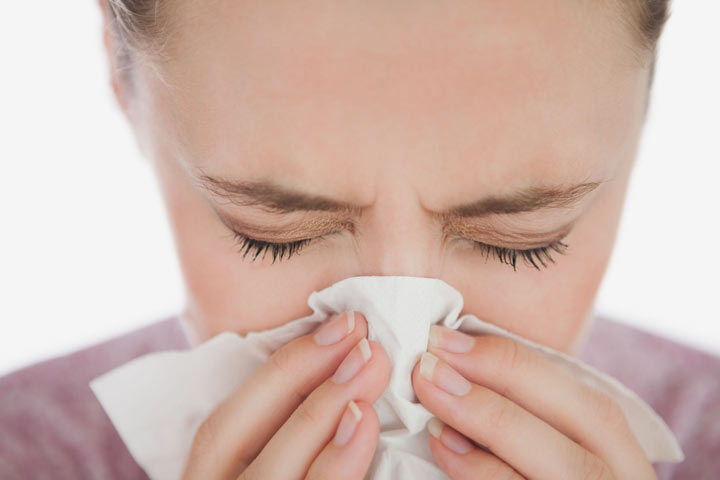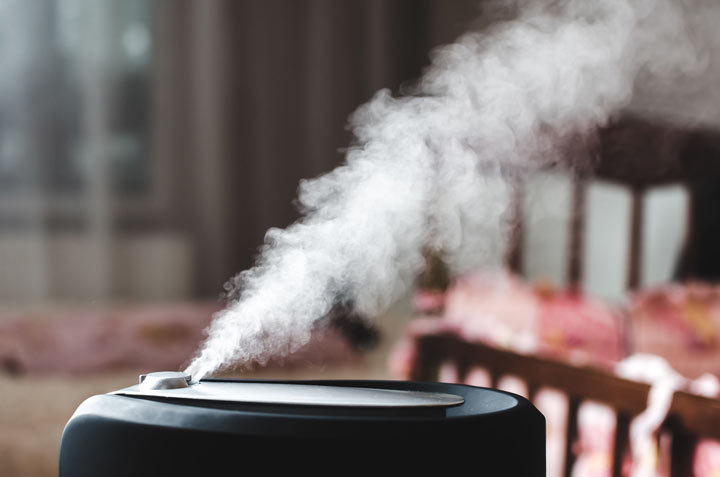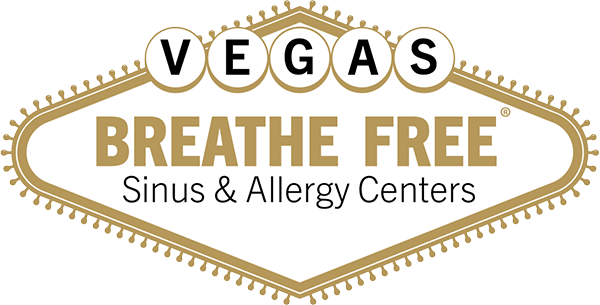Most people have seasonal allergies that are related to airborne pollen that is produced by grasses, trees, and weeds. These plants produce a large amount of pollen in the spring and a smaller amount in the fall. Plants do not grow well or produce pollen in the winter here (too cold) and not in the summer (too hot). A pollen count is a way to measure how much pollen is in the air and, this number can be reported by apps on your phone, you can google search it, find it in a newspaper, or on the news.

Allergies
Allergies are very common in Las Vegas. Most people get allergy symptoms from time to time, and these may include nasal congestion, runny nose, sneezing, or itchy eyes. Some people suffer from these all the time. The symptoms can range from a mild nuisance (blowing your nose a lot) or can become a real problem (need to take off work). Allergies can lead to serious conditions such as sinus infections, or bronchitis.
Some people have allergies year-round (perennial allergies), and this is related to the allergen being present year-round. Things like dust, dog or cat dander don’t vary with the seasons, like pollens. Some people have both seasonal allergies and perennial allergens.
What happens with allergies is a reaction between the nose and pollen. When a person is allergic to, say cats, is exposed to a cat, the person breathes in cat dander (called an allergen), and the nasal lining releases histamine. Histamine causes the nasal lining to swell (you get congested), the nasal lining to weep (you get a runny nose) and causes sneezing and itchiness of the eyes.

Surprisingly, many people have allergies in Las Vegas. There is a longer season without frost or very cold weather, so plants grow and produce pollen (allergens) many months of the year. Much of our landscaping (trees, shrubs, flowers) has been brought in from the East Coast or other geographic locations, so when you live here, you not only get exposed to Las Vegas-based plants but also California or East Coast pollens, as well. The dry climate here makes the allergens in the nose stick around longer and prolongs and intensifies the allergic reactions.
Humidity (the amount of moisture in the air) affects how long we are exposed to allergens. Living in Las Vegas, a dry environment, causes mucus in your nose to dry out. It becomes thick and is hard to clear. The mucus becomes dry and sticky and traps allergens, dust, debris, and bacteria. If the dryness is severe, the skin can crack, and you may get nose bleeding. If allergens stay around too long in the mucus, this turns into a prolonged allergic reaction. If bacteria stay around too long, this progresses into a sinus infection. Dry, thick mucus sticks in the back of the throat and may make you feel like you have a lump in your throat. Frequent coughing or throat clearing is a sign of dryness and mucus that is hard to clear.

Las Vegas has an average humidity of about 30%. The Environmental Protection Agency and the Mayo clinic both recommend that we keep the humidity between 30% and 50%. In Florida, the average humidity is about 75%. Mold, bacteria, and viruses thrive in humidity levels above 60%. In Las Vegas, we should use a humidifier; in Florida, a dehumidifier.
When allergies cause swelling of the lining of the nose, the sinuses can get closed up. This then traps bacteria, and they then multiply and cause pressure buildup (headache or facial pressure) and lead to a sinus infection.
Treatment for allergy symptoms, such as nasal congestion, runny nose, sneezing, or itchy eyes usually involves pills and sprays. Most of the medications are over-the-counter. These include antihistamine pills such as Claritin, Allegra, Zyrtec, or Benadryl and nasal steroid sprays, such as Flonase, Nasacort, or Rhinocort. FYI, the steroids sprays are very safe, unlike steroid pills; steroid sprays cannot be detected in routine blood tests and do not have the side effects that steroid pills do. A decongestant pill like Sudafed or decongestant spray like Afrin can reverse nasal congestion and stop some of runny nose. There are numerous other medications that may help, some prescription and others over-the-counter, that can be discussed with the doctor.
